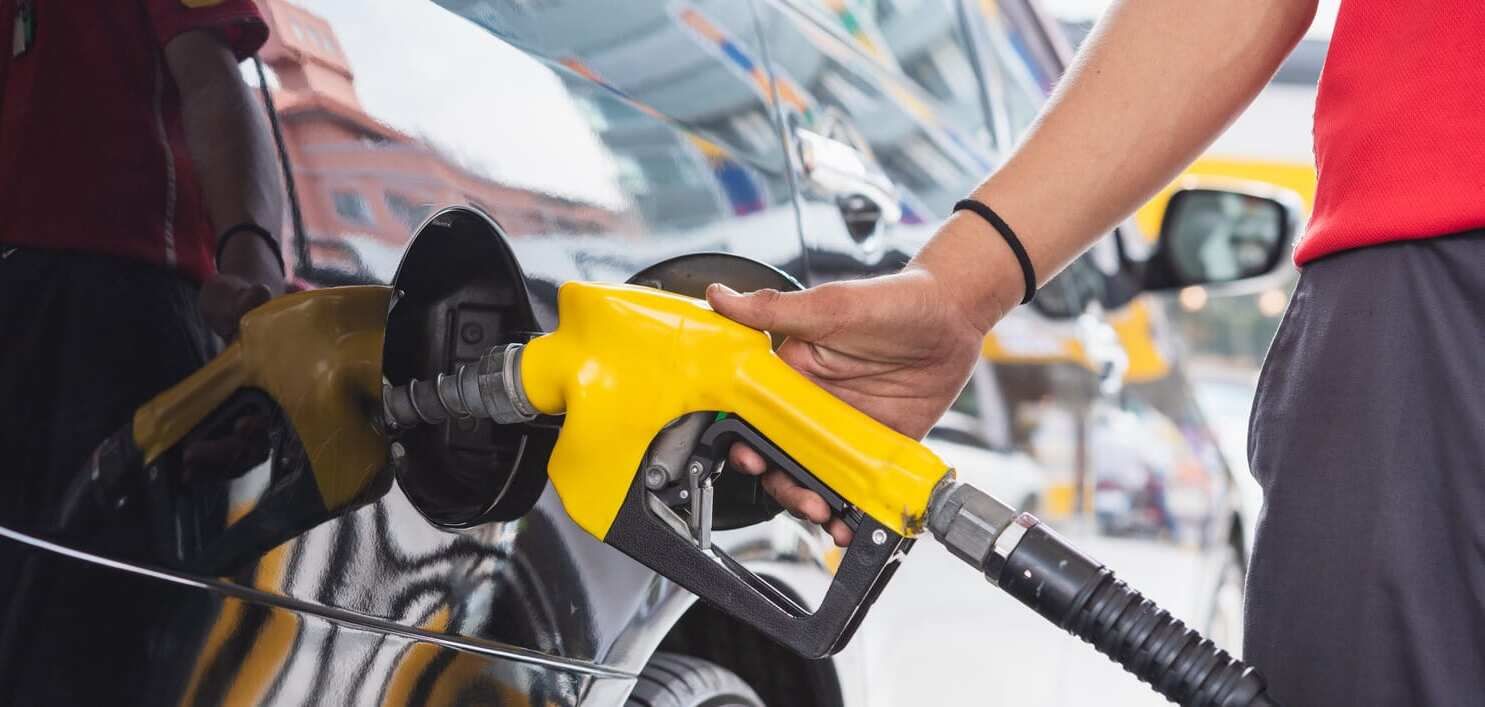
Gasoline powers millions of vehicles worldwide, but how much do you really know about this essential fuel? From its origins to its impact on the environment, gasoline plays a crucial role in our daily lives. Did you know that gasoline is a byproduct of crude oil refining? This liquid gold has a fascinating history and a complex chemical makeup. Ever wondered why gasoline prices fluctuate so much? Factors like crude oil prices, taxes, and even seasonal demand can cause significant changes. Understanding these aspects can help you make smarter choices at the pump. Ready to fuel your knowledge? Let's dive into 14 intriguing facts about gasoline!
What is Gasoline?
Gasoline, also known as petrol, is a transparent, petroleum-derived liquid used primarily as fuel in internal combustion engines. It's a vital part of modern transportation, powering millions of vehicles worldwide. Here are some fascinating facts about gasoline that you might not know.
The Origins of Gasoline
Understanding where gasoline comes from can give us a better appreciation of its role in our daily lives.
- Gasoline is derived from crude oil, a natural fossil fuel found deep underground. Crude oil is a mixture of hydrocarbons, which are separated and refined to produce gasoline.
- The first gasoline-powered car was invented by Karl Benz in 1885. This invention revolutionized transportation and paved the way for the modern automotive industry.
- Gasoline was initially a byproduct of kerosene production. Early refiners discarded it until its potential as a fuel for internal combustion engines was realized.
How Gasoline is Made
The process of turning crude oil into gasoline involves several complex steps.
- Crude oil refining involves distillation, where the oil is heated and separated into different components based on boiling points. Gasoline is one of the lighter fractions.
- After distillation, gasoline undergoes further refining processes like cracking, reforming, and blending to improve its quality and performance.
- Additives are mixed with gasoline to enhance its properties. These include detergents to clean engines, antioxidants to prevent gum formation, and octane boosters to improve combustion.
Gasoline and the Environment
Gasoline's impact on the environment is a significant concern, leading to various regulations and innovations.
- Burning gasoline releases carbon dioxide (CO2), a greenhouse gas contributing to global warming. Efforts to reduce CO2 emissions include developing more fuel-efficient engines and alternative fuels.
- Lead was once added to gasoline to improve engine performance, but it was phased out due to its toxic effects on human health and the environment. Unleaded gasoline is now the standard.
- Ethanol, a renewable biofuel, is often blended with gasoline to reduce emissions and reliance on fossil fuels. E10, a common blend, contains 10% ethanol and 90% gasoline.
Gasoline in Everyday Life
Gasoline plays a crucial role in our daily routines, from commuting to powering various machines.
- The average American driver uses about 500 gallons of gasoline per year. This highlights the importance of gasoline in everyday transportation.
- Gasoline isn't just for cars. It's also used in lawnmowers, generators, boats, and other small engines, making it a versatile fuel.
- Gasoline prices fluctuate based on crude oil prices, supply and demand, and geopolitical factors. These fluctuations can significantly impact household budgets and economies.
The Future of Gasoline
As technology and environmental awareness evolve, the future of gasoline is likely to change.
- Electric vehicles (EVs) are becoming more popular as a cleaner alternative to gasoline-powered cars. However, gasoline will likely remain a primary fuel source for many years due to existing infrastructure and vehicle fleets.
- Advances in fuel technology aim to make gasoline more efficient and environmentally friendly. Innovations like synthetic fuels and improved engine designs could reduce gasoline's environmental impact while maintaining its convenience and performance.
Gasoline's Impact and Future
Gasoline's role in our lives is undeniable. From fueling cars to powering generators, its influence is vast. However, the environmental impact can't be ignored. Burning gasoline releases carbon dioxide, contributing to climate change. This has led to a push for cleaner alternatives like electric vehicles and renewable energy sources.
Despite its drawbacks, gasoline remains a crucial part of our energy landscape. Advances in technology are making engines more efficient, reducing emissions. But the shift towards sustainable energy is gaining momentum. Governments and companies are investing in research and development to find greener solutions.
Understanding gasoline's history and impact helps us make informed choices about our energy future. As we move forward, balancing our energy needs with environmental responsibility will be key. The journey towards a cleaner, more sustainable world is underway, and every step counts.
Was this page helpful?
Our commitment to delivering trustworthy and engaging content is at the heart of what we do. Each fact on our site is contributed by real users like you, bringing a wealth of diverse insights and information. To ensure the highest standards of accuracy and reliability, our dedicated editors meticulously review each submission. This process guarantees that the facts we share are not only fascinating but also credible. Trust in our commitment to quality and authenticity as you explore and learn with us.


